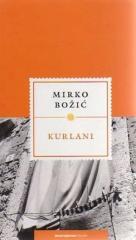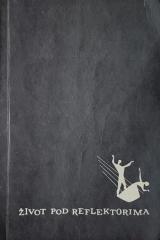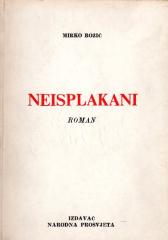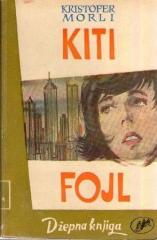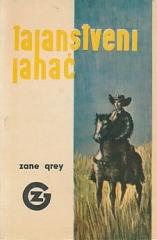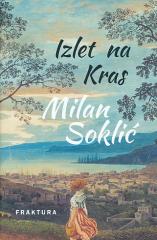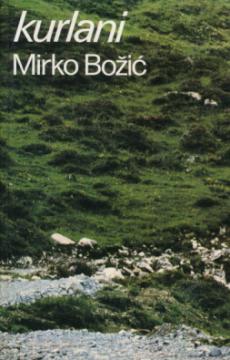
Kurlani
The first part of the Kurlan trilogy, a novel divided into three parts: "Carnival", "Procession" and "Legend". The action takes place in the fictional village of Kurlani near Sinj (Cetinska krajina, 1930s), between the feuding brothers Gornji and Donji Ku
Imagine the Cetinje region in the 1930s: a harsh, rocky land under Kamešnica, where the wind whispers lavender and blood. The village of Kurlani, divided into Gornje and Donje, seethes with eternal war – against poverty, neighbors, and one’s own destiny. Mirko Božić, a writer from Sinj during the Partisan days, creates a raw saga full of black humor and unshed tears, where dialect bites like a pebble in a boot.
It all starts banally: Mrkan’s donkey from Gornje gets entangled in the Donje vineyard, destroying the vines. Silvestar, the elder of Donje – rough but fair, with a beard made of moss – sues them in Sinj, a city-labyrinth of bureaucracy. “Carnival” is a chaotic dance of accusations and lies, where the village laughs through tears, and the donkey drags the burden of life into the abyss.
But the core of the story is the women: Anđelija suffers from infertility in the patriarchal chain, Filip seeks solace from the widow Perka, whose heart bleeds for loneliness. In the "Procession" of Our Lady of Sinj - a hysterical feast of prayers and miracles - Perka's son dies in the crowd, accusing the church of blessed suffering. Gara, a pregnant girl, forced into marriage with the albino Bikano, bears a chain of pregnancies and pressures. "Legend" elaborates the myth of Our Lady as a mirror of weakness - faith and doubt in eternal conflict.
Božić's realism is raw: rural speech against urban coldness, themes of patriarchy, superstition and church hypocrisy are a mirror of Dalmatia. It is not an idealization; it is a hymn to the resilience of life on the rocks.
One copy is available
